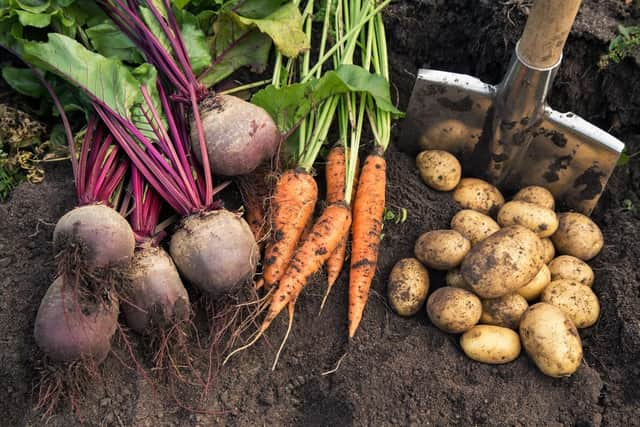The political landscape and farming
and live on Freeview channel 276
Volatility has become the new normal and in 2024, it is set to become worse. 2024 is a mega election year, the biggest election year in history across the world. 4.2 billion people, half of the world’s population will be eligible to vote this year. For example, South Africa, Iran Taiwan, Pakistan, Brazil, EU, USA, and of course the UK, go to the polls. When you consider the number of military conflicts currently happening on top of this, there is serious potential for world unrest. What does this mean for farming? Could unrest lead to a rise in input prices as seen with the Ukraine/Russia war? A war in the Middle East could increase gas prices. Change in government creates regulatory and policy uncertainty in both the short and medium term.
UK general election
Kay covered that in the UK, 14 November 2024 has been suggested as a date for a general election. However, this may change to avoid the UK and the USA going to the polls at the same time. The latest that a general election can happen in the UK is January 2025.


Advertisement
Advertisement
In the USA, the presidential candidates will almost certainly be Joe Biden and Donald Trump. If we do have a May election in the UK, both Sunak and Starmer will have to explain how they will handle a Trump presidency. This will put the likelihood of a UK/USA trade deal back on the table and the concerns that that brings. Sunak may, however, call a January 2025 election, but the risk with this is that the Trump situation could be magnified as Trump could be sitting in the White House, which is not beyond the realms of possibility as he is already ahead of Joe Biden in the election polls.
There is also one other issue - Trump could cause problems for a would-be Prime Minister’s ‘immigration’. This is one of Trump’s main topics of campaigning.
Dairy sector
Domestically, this topic is already a fraught one and has big implications for the US dairy sector which relies heavily on migrant labour. When we look at the UK election, Sunak has made stopping the boats as one of his key five pledges and his feet will be held to the fire on immigration policies by Reform UK Party which used to be known as the Brexit Party.
Polls have shown that the Tories are expected to lose 15% of their 2019 voters to the Reform Party. That will not be enough to lose any seats to Reform but will be enough to restrict the Conservatives of their majority and hand their seats over to Labour.
Advertisement
Advertisement
Understandably, there is pressure from within the Conservative Party to look at legal migration. As of 4 April 2024, the minimum earnings threshold for skilled employment migration into the UK will move from £26,200 to £38,700. This is suggesting that it will increase wages on some dairy farms in mainland GB to £16 per hour which puts farms under serious financial pressure.
Food security
So, what does this mean and what point am I trying to make? There has never been a better time for UK government to rationalise the need for food security. Its purpose is to reduce consumer risk and volatility and provide farmers with the assurance they need to continue growing food. Global events have posed and will continue to challenge UK agriculture, exacerbating the already precarious and unpredictable conditions faced by farmers and growers when what they truly want is stability. For this reason, I would like to know as we head into a general election, which political party has the best plan for UK food security?